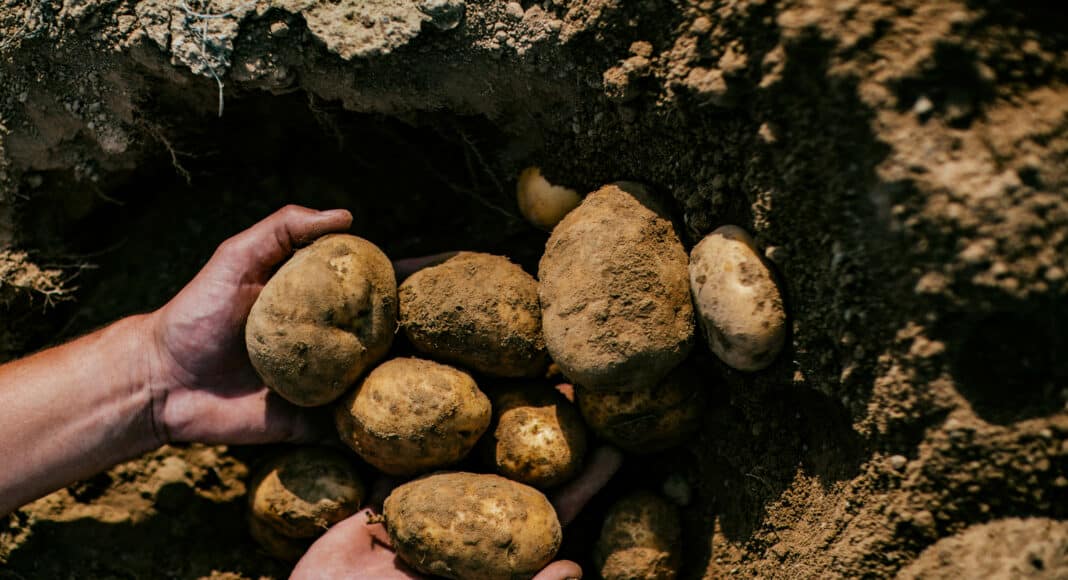There have been 51 per cent of McCain Food’s global potato acreage onboarded with the company’s Regenerative Agriculture Framework, a Jan. 24 news release about McCain’s annual Global Sustainability Report said.
“We are pleased to share an update on how we are making strides towards our goals in key areas that will ensure we have resource efficient operations, are farming in a smart and sustainable way and are contributing to building thriving communities in the areas that we operate, all while we continue to produce good food,” Max Koeune, president and CEO of McCain Foods, said in the release.
The food processing company’s goal is to implement regenerative agriculture practices across 100 per cent of the global acreage that grows potatoes for McCain products by the end of the decade, the release said. There have been 28 per cent of McCain potato acres that have moved up the Regenerative Agriculture Framework toward more comprehensive adoption of regenerative practices.
Highlights of the 2023 Global Sustainability Report include:
- McCain has completed its first season at its Farm of the Future Africa and third season at Farm of the Future Canada, improving water-use efficiency in water-stressed regions by 9.4 per cent, delivering more than 23,500 hours of training to farmers and reaching its target of having 21.9 per cent of the potatoes grown for McCain being water stress-tolerant varieties.
- More than 21 per cent of the electrical energy used by McCain was from renewable sources with absolute carbon emissions (Scope 1 and 2) reducing by 9.8 per cent from 2017.
- McCain launched new global policies for clean ingredients and nutrition, while maintaining 100 per cent Global Food Safety Initiative certification at all McCain owned facilities.
- In 2023, McCain employees provided more than 17,000 volunteer hours through the McCain Chips In initiative, reaching 2,716 new beneficiaries with development programs and partnerships.
“While we are proud of how far we have progressed towards our goals, we recognize there is more to be done,” Koeune said. “But we know this is not something we can do alone. Partnership and knowledge are crucial to move forward. We will continue to look to stakeholders – from our farmers, to government, to financial institutions, NGOs, suppliers, customers and other players in the food system – to collaborate on this journey towards planet-friendly food.”
Related Articles
McCain Foods Releases Its 2022 Sustainability Report
Putting Together a Measure of Sustainability
Can the Potato Sustainability Alliance Create a Way to Measure Sustainability?











